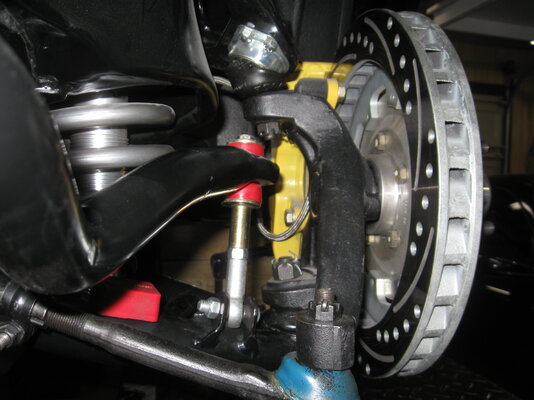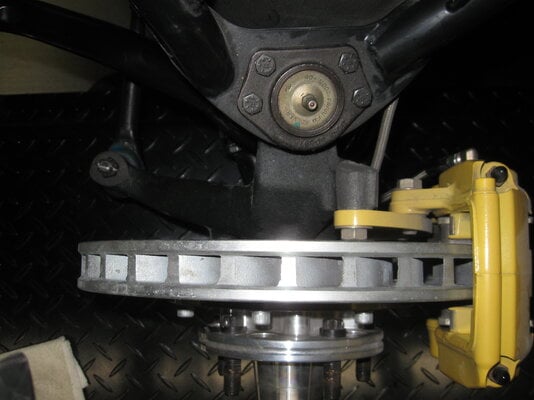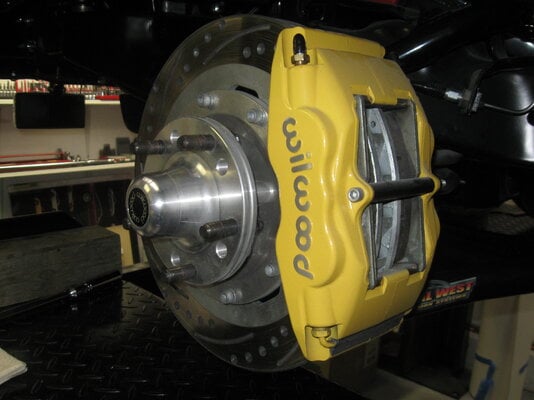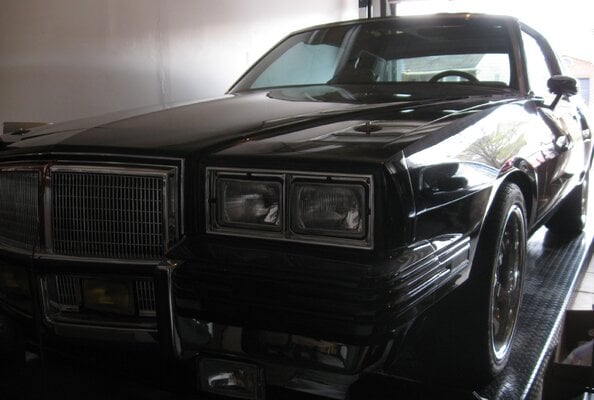You're absolutely right, many aftermarket products are certainly of "dubious quality" as you said.
That's why my warning of buyer beware on the grade of stainless that you're purchasing.
As you said also, usually not enough information is provided as to what grade and quality the product is.
Fortunately, all of the stainless that I've bought and used so far on my car has been of a very high grade. The tubing I've bought, formed and polished for example was all in bulk lengths from an oilfield supply company. Those guys can't afford to take chances with inferior materials. The lots and product runs are always clearly marked and documented as there needs to be accountability should something fail.
I like using stainless bolts as well, but here you have to be careful as it's even harder to determine the grade. The 29 cent version at the local home renovation outfit is obviously a lot different than say, a high quality ARP fastener. In both grade and tensile strength. Irregardless, a high quality anti-seize compound should always be used with stainless fasteners, or you're just asking for trouble.
It's like anything else, if you're well informed, and know what you're doing with the product or material (and know it's properties and uses), you'll have a successful end result.
As far as the polishing aspect of it is concerned, I like doing that because it not only looks great, but by doing so you actually decrease the surface area whereby oxidation could take root. A smoother surface will provide less likelihood of oxidation versus a rougher one with scratches for example.
Great questions and observations, thank you!
That's why my warning of buyer beware on the grade of stainless that you're purchasing.
As you said also, usually not enough information is provided as to what grade and quality the product is.
Fortunately, all of the stainless that I've bought and used so far on my car has been of a very high grade. The tubing I've bought, formed and polished for example was all in bulk lengths from an oilfield supply company. Those guys can't afford to take chances with inferior materials. The lots and product runs are always clearly marked and documented as there needs to be accountability should something fail.
I like using stainless bolts as well, but here you have to be careful as it's even harder to determine the grade. The 29 cent version at the local home renovation outfit is obviously a lot different than say, a high quality ARP fastener. In both grade and tensile strength. Irregardless, a high quality anti-seize compound should always be used with stainless fasteners, or you're just asking for trouble.
It's like anything else, if you're well informed, and know what you're doing with the product or material (and know it's properties and uses), you'll have a successful end result.
As far as the polishing aspect of it is concerned, I like doing that because it not only looks great, but by doing so you actually decrease the surface area whereby oxidation could take root. A smoother surface will provide less likelihood of oxidation versus a rougher one with scratches for example.
Great questions and observations, thank you!













